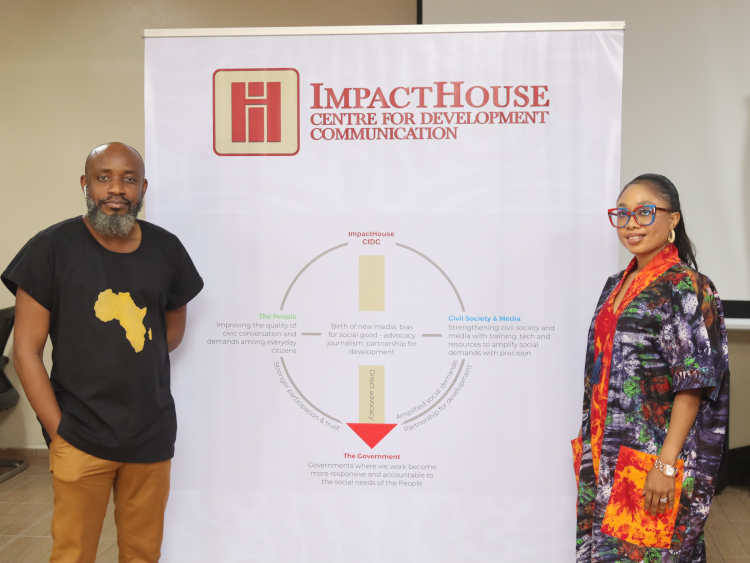Abuja, Nigeria – 12 July, 2024
ImpactHouse Centre for Development Communication (ImpactHouse) considers the Supreme Court ruling declaring local governments in Nigeria as financially autonomous as a drive for impactful grassroots development in the country.
This landmark ruling also marks a significant step towards enhancing fiscal governance and accountability in the existing 774 local governments across the country, while driving improved citizen participation in governance for inclusive and sustainable development.
Despite Nigeria operating a three-tier government, comprising federal, state, and local governments, with the local government the closest to the people, especially underserved citizens, the control and mismanagement of their funds by some state governors has rendered most of them ineffective.
While this ruling is a significant milestone, its success hinges on active citizen participation and oversight. As Nigerians, we need to play our part in ensuring that the system works effectively for us. Low civic participation in governance has been identified as a major obstacle to social and economic development in most of Africa and this is as a result of citizens’ dissatisfaction and mistrust concerning governance.
The Supreme Court ruling comes with a responsibility for every one of us to hold our leaders at the grassroots accountable. It means that every Nigerian must engage with their local government representatives, attend town hall meetings, and actively participate in local governance processes to ensure that elected officials are responsive to their needs and priorities. Citizens must also demand regular financial reports and updates on local government expenditures.
We must hold our leaders at the grassroots accountable to ensure transparency, responsiveness, and effective governance. When we are actively engaging in holding our leaders accountable, it creates a system of checks and balances, deterring corruption and misuse of resources.
And when public servants are aware that their performance is being tracked, monitored and reported, and they are held accountable for their actions, they are more likely to prioritise our well-being and deliver on their promises of good governance.
This civic engagement strengthens democracy at the local level and ensures that development efforts are aligned with the actual needs and priorities of the people. Additionally, local government officials must adopt a proactive and inclusive approach to deliver on their promises to the people. They must prioritise essential services such as health care, education, and infrastructure, ensuring that these services are accessible and of high quality.
###
Signed
John Andah
Executive Director
About ImpactHouse
ImpactHouse is a tech-driven nonprofit focused on driving a uniform understanding of development messages across Africa. We utilise storytelling, respect local contexts and cultures, and rely on a mix of communication tools, channels, and participatory approaches to ensure messages on civic participation, good governance, media and civil society development, gender equity, justice, education, and human rights are comprehensively understood and accepted. Since 2011, ImpactHouse has pioneered a unique approach to journalism and Media for Development (M4D), emerging as Africa’s foremost development sector news and information service agency. We are committed to promoting factual analysis and compelling reporting on social problems and responses.






